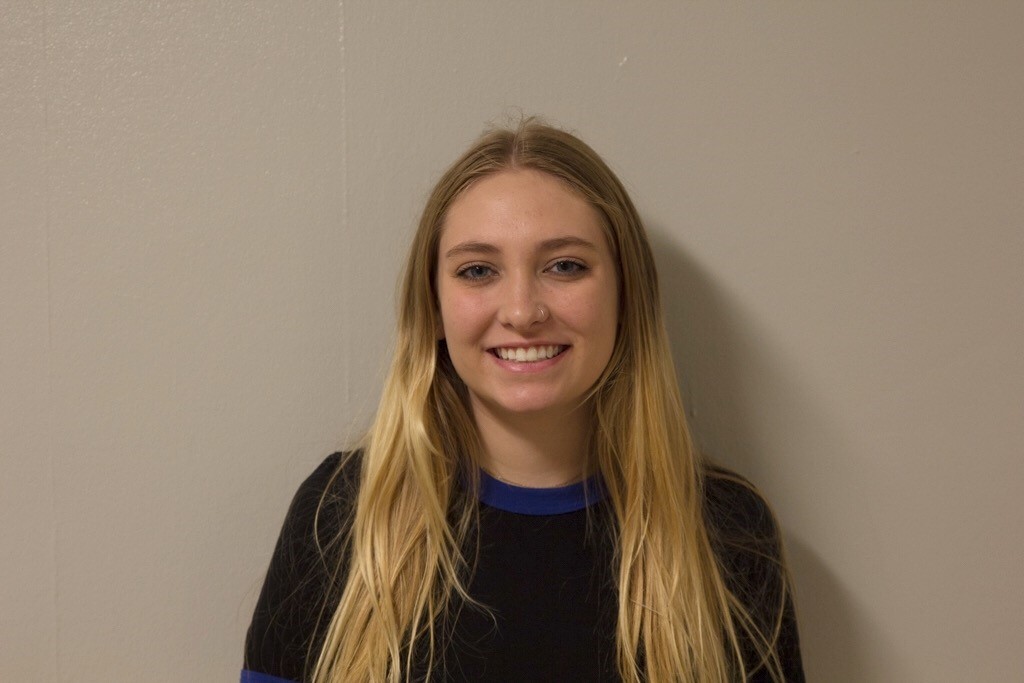
Andrew Himmelberg
Marquette is a Jesuit institution, so all students are required to take two semesters of theology. I was surprised when I found this out, but tried to go into the classes with an open mind. I went to public high school, so religion was never talked about and teachers would steer clear of even mentioning it.
When I started the theology class, I was surprised to be in an environment where religion was talked about so openly, as this was something I had never encountered before. The problem was that I felt instead of the religion being taught, it was being shoved down my throat.
In my first theology class, my teacher made it clear that his goal wasn’t to “convert us,” but that he would be more than happy if all of us came out of his class a Christian. I found this a little strange. It made me feel pressured and that my grade may be affected by whether or not I decided to become religious. This teacher also taught the class as if everyone knew certain things, such as the story of Adam and Eve.
All teachers should assume that not all of their students know biblical stories, and should teach accordingly. If it wasn’t assigned as reading, it shouldn’t be assumed that we know it. I could tell in certain instances that he reacted more kindly to students’ answers that had a lot of biblical proof rather than ones that were more fact or science-based. Overall, it felt unfair and that my public school education had put me at a disadvantage.
This is the second year I am taking a theology class. My professor gave off a really great first impression by making an effort to get to know all of us personally. He asked us what our favorite thing we did this summer was, and then when we answered, he questioned us more.
I asked him about office hours once, and when I didn’t show up he asked me if everything was okay. The professor is definitely very devoted to his students. That being said, I felt like religion was assumed in this class as well. The topic of the course is miracles, and right away I felt like the people who answered questions with science and facts were listened to, but not as accepted as those with biblical responses.
I understand that professors want to share their religion, especially in a religious-based class, but that may make students feel like they have to be religious as well to succeed in the course, even though the teachers may stress that this isn’t the case.
It is a good idea to require a theology course — especially at a Jesuit university — but the purpose of the course should strictly be to educate and not to convert. Obviously, that is not the point of the class, but I have noticed that these courses have underlying feelings of conversion.
It would help if professors discussed different religions as well. Being knowledgeable about various religions and being open to talking about them is an important skill. It would show that professors accept other religions and don’t think that their religion is the only “right” one.
I appreciate all the things I can learn and gain from the theology professors and courses at Marquette. If the classes were tweaked a bit so that it didn’t feel like religion was being forced, the courses would be even more valuable. When students decide to go to Marquette, they know there may be more religion involved than at other schools, but students shouldn’t have to worry that their grades will be affected because they are not a certain religion. The purpose of theology classes at Marquette should be to educate, not to persuade. Teach students about religion, but let them come up with their religious identity on their own.
